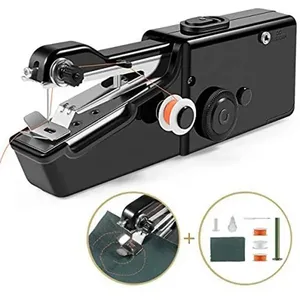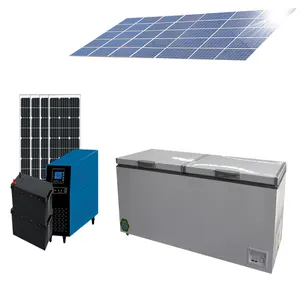Popular in your industry










































Top categories
About propane gas fridge
A propane gas fridge, also known as a propane refrigerator, is a refrigeration unit that operates using propane gas as the primary energy source. These fridges are designed to provide a cooling solution in off-grid environments or where electricity is unreliable. They are commonly used in cabins, RVs, campers, and other remote locations.
How a propane gas fridge works
Propane refrigerators use the principle of absorption refrigeration to cool the interior. The process starts with a propane flame at the refrigerator’s base, which heats an ammonia and water mixture in a closed loop. As the mixture evaporates, the ammonia gas rises to the top of the system, where it encounters a condenser. The condenser releases the heat and transforms the ammonia gas into a high-pressure liquid, which then flows through an expansion valve.
Through the expansion valve, the liquid ammonia rapidly expands, causing it to evaporate. As it evaporates, it absorbs heat from the refrigerator's interior, cooling the compartment. The cycle then repeats as the now-gaseous ammonia is reabsorbed by a water solution in the absorber. The ammonia is again heated by the propane flame at the start of the cycle, and the process continues, maintaining a cool temperature inside the refrigerator.
Advantages and limitations of propane gas fridges
Propane fridges offer several advantages, making them suitable for specific applications. One of the key advantages is their ability to operate in off-grid environments where electricity is unavailable. This feature makes them ideal for use in remote locations, such as cabins, RVs, and campsites. Additionally, propane refrigerators are known for their quiet operation, as they do not have noisy compressors commonly found in conventional electric fridges.
However, it is important to consider some limitations when using propane fridges. These units require a propane supply, which means users need to ensure they have an adequate and safe propane source. Additionally, the cooling process in propane refrigerators is generally slower than that of their electric counterparts. This slower cooling rate can be a consideration for users who require rapid chilling of items. Moreover, propane fridges must be properly vented to ensure the safe release of combustion byproducts. This consideration is crucial for maintaining a safe indoor environment, particularly in confined spaces, such as RVs.
Applications of a propane gas fridge
A propane gas refrigerator is highly suitable for a variety of applications where traditional electric refrigeration is not feasible. One common use is in recreational vehicles, where an RV propane refrigerator serves as a reliable cooling solution during travels. These fridges are also popular in off-grid cabins and cottages, providing a refrigeration option in locations where electricity may be limited or unavailable.
Propane refrigerators are frequently used in outdoor settings, such as campsites and fishing cabins, where they can maintain food freshness without requiring a traditional power source. Their portability and ability to run on propane make them advantageous in these scenarios. The compact size and lack of reliance on electrical infrastructure also make propane refrigerators a valuable addition to tiny homes and as backup cooling options in emergency preparedness kits.























